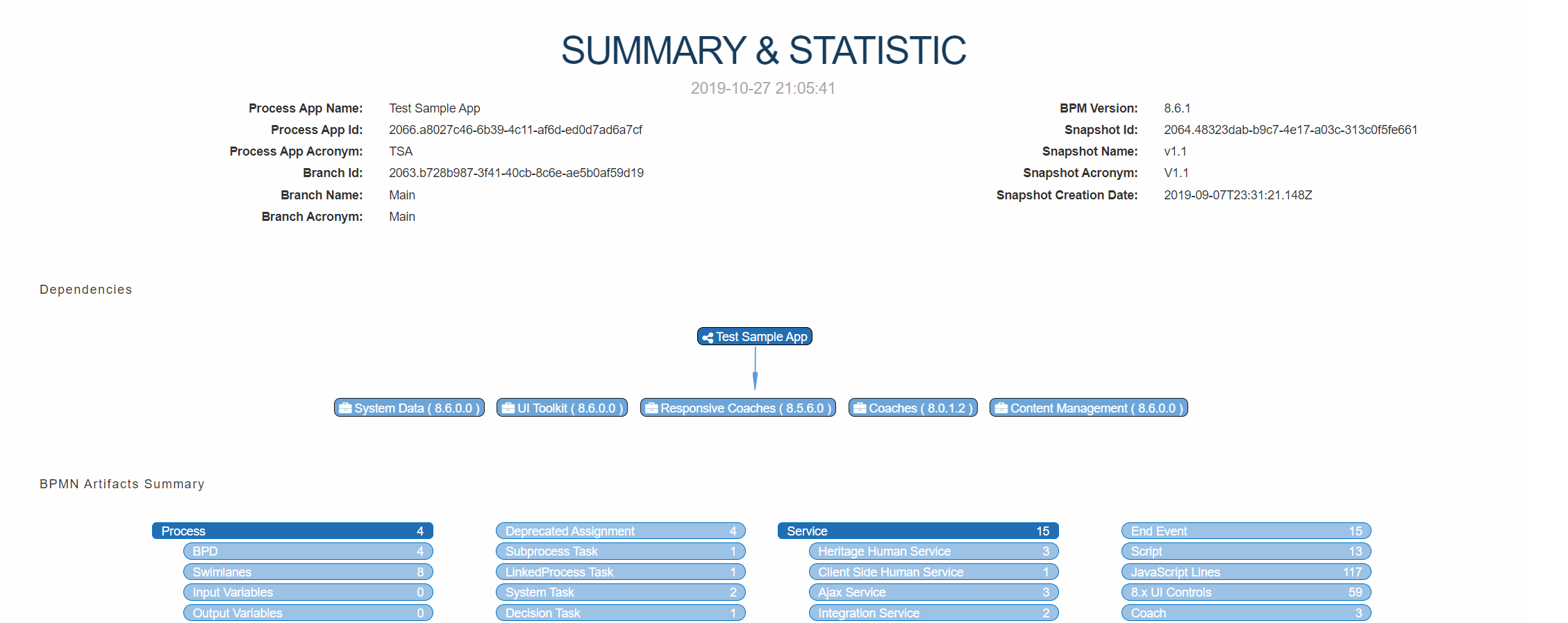Bpm Analyzer Github
FAQ
Why are the results from the finder sometimes different from the database?
- Sep 19, 2013 MixMeister BPM Analyzer is a lightweight Windows utility designed to help users determine the exact BMP value for audio files in the easiest way possible.
- Jul 29, 2019 Setting up the BPM project and perform it. Use BPM server or upload a TWX file to analyze. Use BPM server, fill the below field values for the checkstyle form.
- Jul 29, 2019 Setting up the BPM project and perform it. Use BPM server or upload a TWX file to analyze. Use BPM server, fill the below field values for the checkstyle form.
- Find the key & BPM of any song for free. Upload your music for quick results. This is the best key & BPM analyzer on the internet.
Nov 26, 2019 Setting up the BPM project and perform it. Switch to the Analyzer tab, then you can use BPM server to analyze. Use BPM server, choose the toolkit - references tab, fill the below field values for the analyzer toolkit references form. Sort Your Music lets you sort your playlist based on a number of Echo Nest song attributes including: Beats Per Minute (BPM) - The tempo of the song. Energy - The energy of a song - the higher the value, the more energtic.
The key and BPM values in the database are provided by Spotify who use their own estimation algorithms to find key and BPM. The analysis results you get from uploading audio files to this page come from different algorithms that are run on Tunebat servers. Due to the algorithms being different, sometimes the results are different. Also, it's possible that there are differences between the file you upload, and the file Spotify analyzes for a specific song.
How accurate is the finder?
The results you see on this page are estimates. The accuracy of these estimates has been measured across multiple large data sets and compared to several prominent commercial key and BPM detection algorithms. For some datasets this finder proved more accurate than existing commercial key and BPM detection tools. But for other data sets this finder was less accurate. Overall you can expect results from this finder to be as accurate as key and BPM finders found in other commercial softwares, more or less.
What happens to the audio files I upload?
They are uploaded to Tunebat's analysis server where they are analyzed using audio processing algorithms. These algorithms output key and BPM which is reported back to you. Then the audio file is deleted from the Tunebat server. No audio files are kept by Tunebat longer than they are needed to complete the analysis.
What file types can I upload?
Best Bpm Analyzer
MP3, WAV, FLAC, AAC, OGG, and M4A.
Is there a file size limit?
Yes. 75MB.
What do I do if there's an error?
Make sure you've disabled any adblockers. Make sure you are using one of the supported file types. Make sure the file is less than 75MB. If it still isn't working then the server may be overloaded with requests and you'll have to wait for later.
Is there a limit to the number of files I upload?
Yes there is a limit. Sometimes when the server is being overloaded with requests then uploads will be blocked. We will be adding a paid service that allows you to upload files without being blocked. If you're interested you can sign up for notifications here.
Is there an API for the finder?
Currently no. However, if there is enough interest it could be made. If you're interested, please reach out to .
Did you ever wonder what the BPM column in your favorite music player could be used for?
Well, first you have to fill it. There are multiple tools that let you tap the beat to some song and then write the BPM value into iTunes/Music. This is probably a good method, if you have—say—10 songs.

If you have more than 10 songs, you need a tool for automatic BPM detection. One like beaTunes.

Once you have determined the BPM of songs in your library, you can build playlists based on the tempo of your tracks. It makes it a lot easier to find those slow dance, running or roadtrip songs.
Here's how it works
- Get the free beaTunes trial version for Windows or Mac and install it on your computer
- Start beaTunes
- Either select the songs you want to analyze and click on the Analyze button or go to Tools > Analyze all Songs
- beaTunes will now show you the analysis options dialog:
- Choose Estimate BPM, select whether you want to replace already existing BPM values (probably not) - then start the analysis
(you might also want to check the Determine color checkbox while you are at it - it will help you to create great playlists) - The songs are now analyzed in the background
- To track progress, click on the Analysis/Task Queue item in the left part of the main window:
- The progress bars in the first rows shows how much of the analysis of a song is completed
- When the analysis is running, the Pause Analysis button is enabled allowing you to pause analysis at any time
- BPM analysis is a one time effort that takes some time - we recommend to run it over night
- Note, that when you shut down beaTunes and restart it, it resumes analysis where you stopped it
Pretty easy. Now would you like to analyze your music collection? Get the free trial version.
More
Bpm Analyzer Github Tutorial
beaTunes has a lot more useful features to detect the key of your songs, adjust loudness via ReplayGain, keep your library in shape, browse your songs in new ways, analyze your music, and help you to create interesting playlists.
